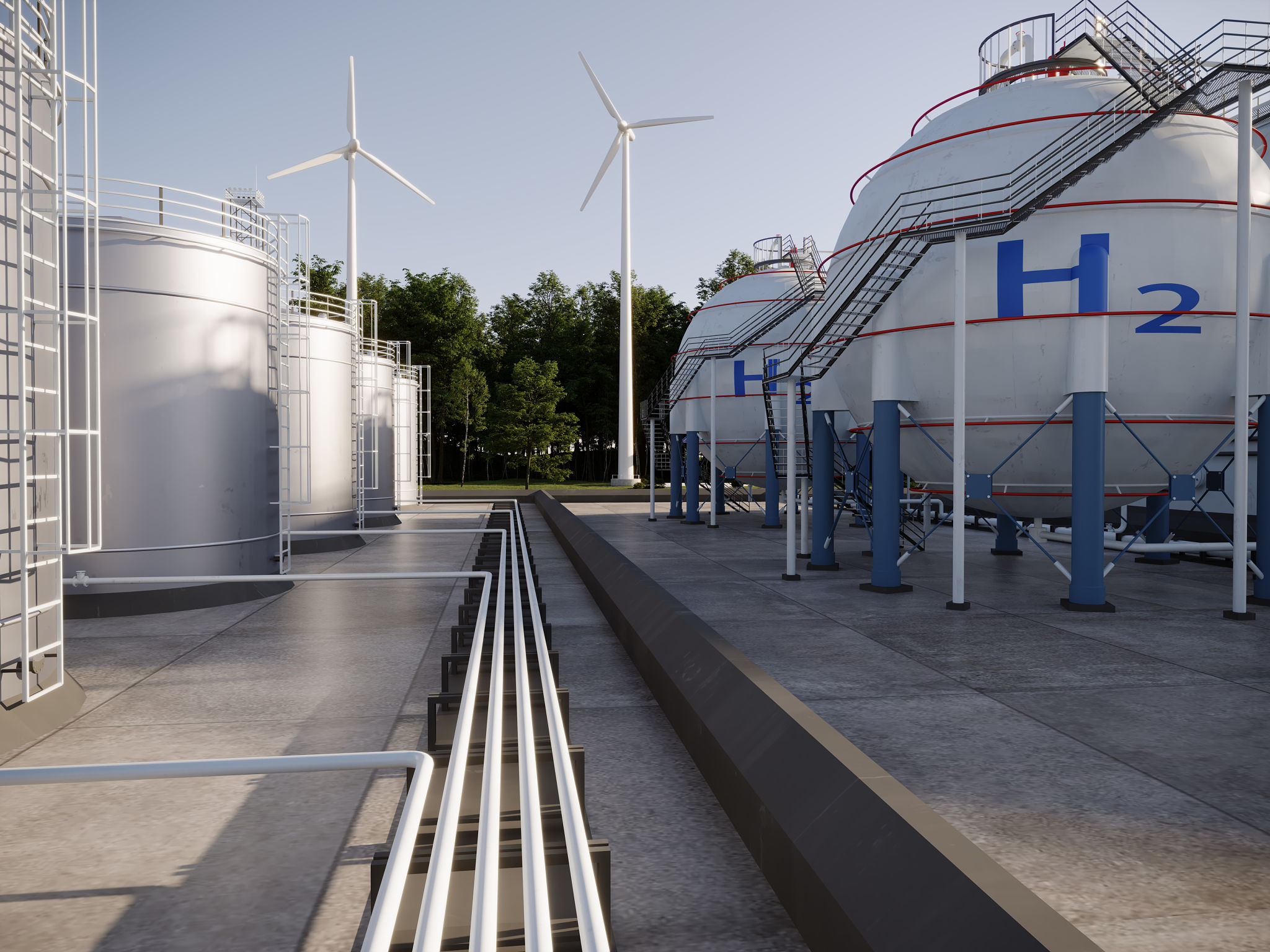Top Trends in Industrial Process Control
Introduction to Industrial Process Control Trends
Industrial process control is rapidly evolving, driven by technological advancements and the increasing demand for efficiency and sustainability. Keeping up with the latest trends is essential for industries looking to optimize their operations and maintain a competitive edge. In this blog post, we will explore some of the top trends shaping the future of industrial process control.
1. The Rise of Automation and AI
The integration of automation and artificial intelligence (AI) in industrial processes is one of the most significant trends today. Automation technologies, such as robotics and AI-driven software, are transforming how industries operate, offering enhanced efficiency, precision, and reduced operational costs. AI algorithms can analyze vast amounts of data to optimize processes, predict maintenance needs, and minimize downtime.

2. Embracing Industrial IoT
The Industrial Internet of Things (IIoT) is revolutionizing process control by enabling more connected and intelligent systems. IIoT allows for real-time monitoring and control of industrial operations through interconnected devices and sensors. This connectivity facilitates better decision-making, improved safety, and more efficient resource management.
Industries are increasingly adopting IIoT solutions to gain insights into their processes, leading to enhanced productivity and reduced waste. As IIoT technology continues to advance, its role in process control will only grow more significant.
3. Advanced Data Analytics
Data analytics is another crucial trend impacting industrial process control. With the influx of data generated by modern industrial systems, leveraging advanced analytics tools has become essential. These tools help organizations make sense of complex data sets, identify patterns, and derive actionable insights.

From predictive maintenance to process optimization, data analytics enables industries to improve operational performance and reduce costs. The ability to harness data effectively can be a game-changer for businesses looking to stay ahead in a competitive market.
4. Energy Efficiency and Sustainability
As environmental concerns continue to grow, industries are under increasing pressure to adopt more sustainable practices. Energy efficiency has become a top priority in industrial process control, with companies seeking to minimize their carbon footprint and reduce energy consumption.
Innovative technologies, such as smart grids and energy management systems, are helping industries achieve these goals. By optimizing energy use and reducing waste, industries can not only comply with regulations but also benefit from cost savings and improved brand reputation.

5. Cybersecurity in Process Control
With the increasing reliance on digital technologies in process control, cybersecurity has become a critical concern. Cyber threats can disrupt operations, lead to data breaches, and compromise sensitive information. As a result, industries are investing heavily in cybersecurity measures to protect their systems and ensure operational integrity.
Implementing robust security protocols, regular system audits, and employee training are essential steps in safeguarding industrial process control systems against cyber threats.
Conclusion
The landscape of industrial process control is continuously evolving, driven by technological advancements and changing market demands. By staying informed about the latest trends, industries can leverage new technologies to enhance efficiency, sustainability, and security in their operations. Embracing these trends will be key to maintaining a competitive advantage in the rapidly changing industrial landscape.